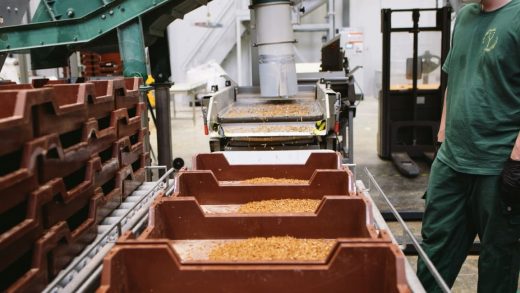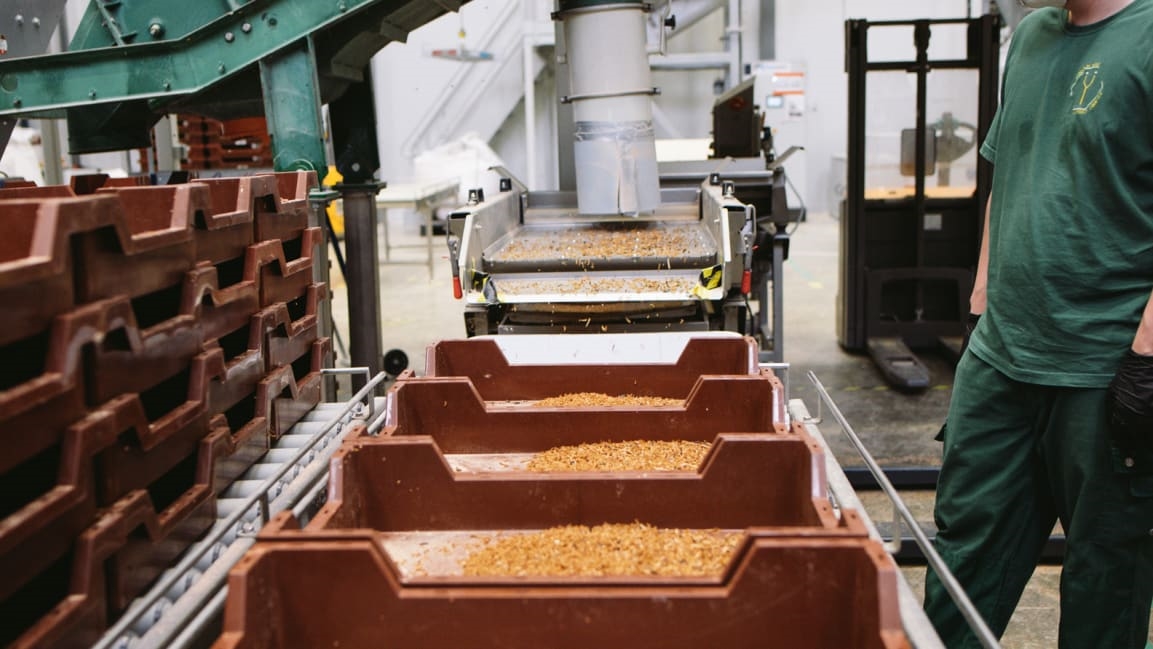The world’s largest insect farm will grow hundreds of millions of beetles—for eating
On a sprawling site an hour north of Paris in the French city of Amiens, a new vertical farm now under construction won’t be growing lettuce or vegetables. Instead, it will soon begin raising hundreds of millions of insects. Inside, in trays stacked under 130-foot-high ceilings, an automated system will grow and process beetle larvae for use in products such as pet food, fertilizer, and fish feed, as a way to dramatically shrink their environmental footprints.
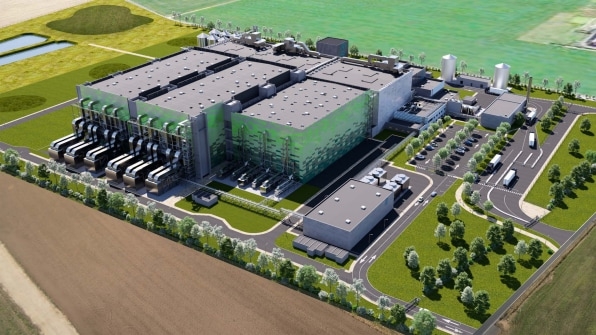
Ÿnsect, the company building the new facility, announced today that it had extended its Series C round of financing to $372 million, the largest amount raised to date in the insect protein sector, an industry that essentially didn’t exist a decade ago. The company launched in 2011 “to contribute to a more sustainable food system,” says Antoine Hubert, Ÿnsect’s cofounder, president, and CEO. “We know that with a growing population, and the limited resources we have on Earth, limited arable land, the maximum greenhouse gas emissions that we can afford with climate change, and biodiversity loss, there’s so much to do.”
By 2050, it’s projected that food production will have to grow by more than 70% to meet demand, but the farmland needed to produce that food doesn’t exist. Clearing more forests for farming, at a time when trees are a critical part of the fight against climate change, also doesn’t make sense. Foods that don’t require land for production—for instance, salmon, which is now consumed at three times the rate that it was in the 1980s—put other stresses on the environment.
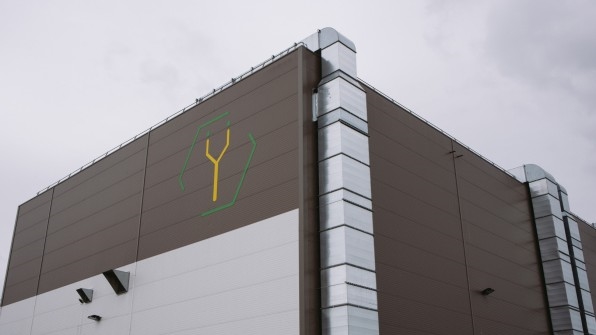
Salmon farms are now the fastest-growing type of food production system in the world, according to the World Wildlife Fund, and are currently fed in part with land-intensive crops such as soy, and with smaller fish harvested at an unsustainable rate from the ocean. “The quantities are limited, and the demand is way bigger than the ocean can supply,” says Hubert. Ÿnsect, which is now working with the world’s largest fish feed company, can fill some of that gap with insects, which fish naturally consume. Insects can also serve as a protein source in pet food and other food for livestock—and for humans directly, though the company believes that it can have more impact working in other areas, given the fact that food made from insects is still very niche.
Inside the new farm, a larger-scale version of a production facility that the company already operates, robots will feed, hatch, harvest, and process mealworms in trays stacked in tall towers, with AI monitoring the environment to optimize the conditions for the insects. The feed comes from local crop waste. The factory will produce no waste itself, with the insects turned into protein and fertilizer. Because it replaces alternatives that create more pollution, and because the fertilizer it produces can help sequester carbon in the soil on farms, the company says that the factory is carbon negative.
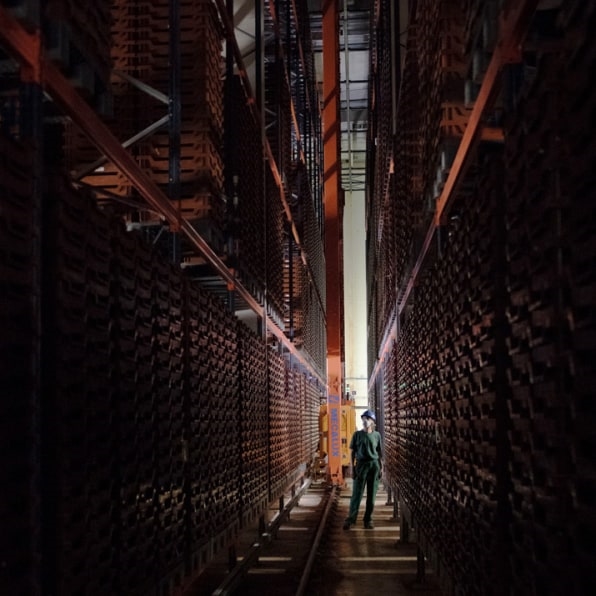
In independent studies, the insects have shown other benefits—salmon grow faster in farms that feed them larva, for example. “They were reaching the maturity stage faster and eating less so they were avoiding a large quantity of feed,” he says. “There was less mortality so the farmers get more fish eventually than before. . . . This also explains why we have a carbon-negative balance, because we are avoiding so many quantities of inputs to feed fish to have the same quantities of fish.” While the company is already producing insects for fish feed, pet food, and fertilizer in its small first farm, the new farm, set to begin production in early 2022, will allow it to scale up. The company’s partners are ready: Ÿnsect now has contracts worth $100 million with fish feed producers.
(38)

